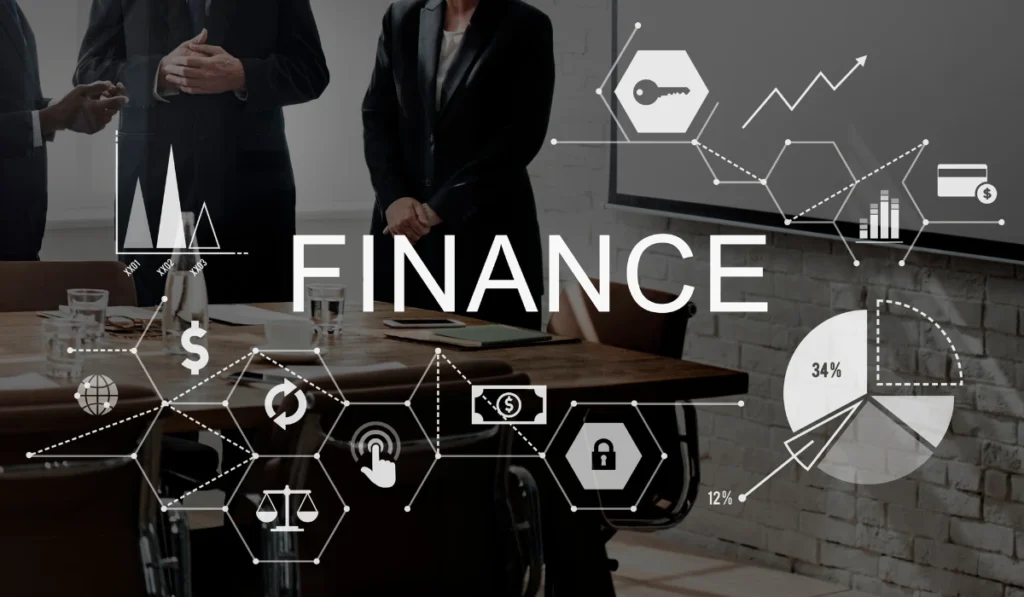An emergency fund is a critical component of financial security. It acts as a safety net, providing you with the financial cushion needed to cover unexpected expenses without resorting to debt. In this article, we’ll discuss the importance of an emergency fund and provide practical tips on how to build one. Learning more with visa.javanet247
1. Why You Need an Emergency Fund
Life is unpredictable, and unexpected expenses can arise at any time. Whether it’s a medical emergency, car repair, or job loss, having an emergency fund can help you navigate these challenges without derailing your financial stability. An emergency fund provides peace of mind, knowing that you have a financial buffer to fall back on when needed.
2. How Much Should You Save?
The general rule of thumb is to save three to six months’ worth of living expenses in your emergency fund. This amount should cover essential expenses such as housing, utilities, groceries, and transportation. If you have dependents or work in a volatile industry, consider saving closer to six months’ worth of expenses.
3. Start Small and Build Gradually
Building an emergency fund can seem daunting, especially if you’re starting from scratch. Begin by setting a small, achievable goal, such as saving $1,000. Once you reach this milestone, continue building your fund until you reach your target amount. Consistency is key, so make saving a regular part of your financial routine.
4. Automate Your Savings
Automating your savings is one of the most effective ways to build an emergency fund. Set up automatic transfers from your checking account to a dedicated savings account each month. This ensures that you’re consistently contributing to your fund without having to think about it.
5. Keep Your Emergency Fund Accessible
Your emergency fund should be easily accessible in case of an urgent need. Keep your funds in a high-yield savings account that allows for quick withdrawals. Avoid investing your emergency fund in stocks or other volatile assets, as you may need to access the money quickly.
6. Avoid Using Your Emergency Fund for Non-Essentials
It’s important to reserve your emergency fund for true emergencies only. Avoid dipping into it for non-essential expenses, such as vacations or luxury purchases. Treat your emergency fund as sacred, and only use it when absolutely necessary.
7. Replenish Your Fund After Use
If you need to use your emergency fund, make it a priority to replenish it as soon as possible. Resume your regular contributions or adjust your budget temporarily to rebuild your fund. The goal is to maintain a fully funded emergency account at all times.
8. Consider a Tiered Approach
Some people find it helpful to have a tiered emergency fund. This involves keeping a smaller amount of money in an easily accessible savings account for immediate needs and a larger amount in a slightly less accessible account, such as a money market account. This approach can help you earn more interest on your savings while still keeping your funds relatively liquid.
9. Regularly Review and Adjust Your Fund
Your financial situation may change over time, so it’s important to regularly review and adjust your emergency fund. If your living expenses increase or you experience a significant life change, such as a new child or home purchase, you may need to increase your emergency fund accordingly.
10. Encourage Family Members to Contribute
If you live with a partner or family, encourage them to contribute to the emergency fund as well. Building an emergency fund is a shared responsibility, and having everyone contribute can help you reach your savings goals faster.
Conclusion
An emergency fund is an essential part of financial planning, providing you with the security and peace of mind to handle life’s unexpected challenges. By setting a clear savings goal, automating your contributions, and keeping your fund accessible, you can build a robust emergency fund that protects your financial well-being. Start building your fund today, and ensure that you’re prepared for whatever life may throw your way.

